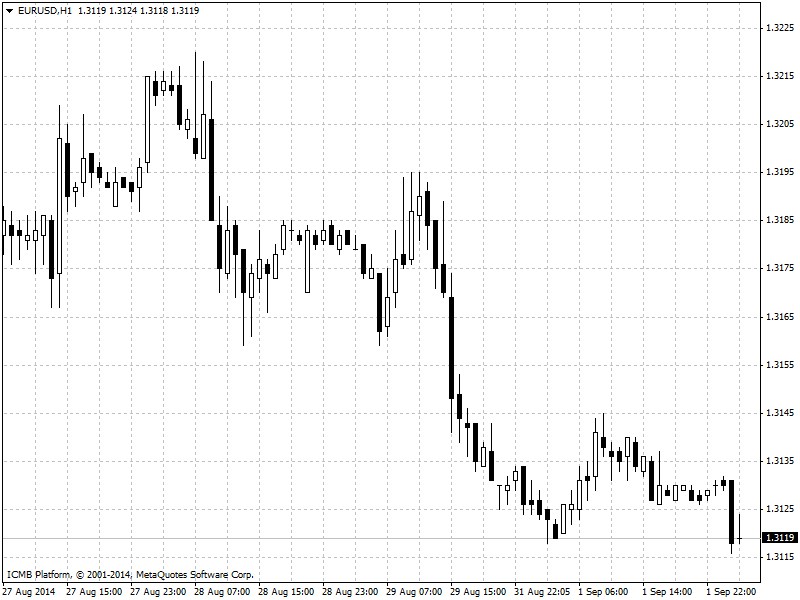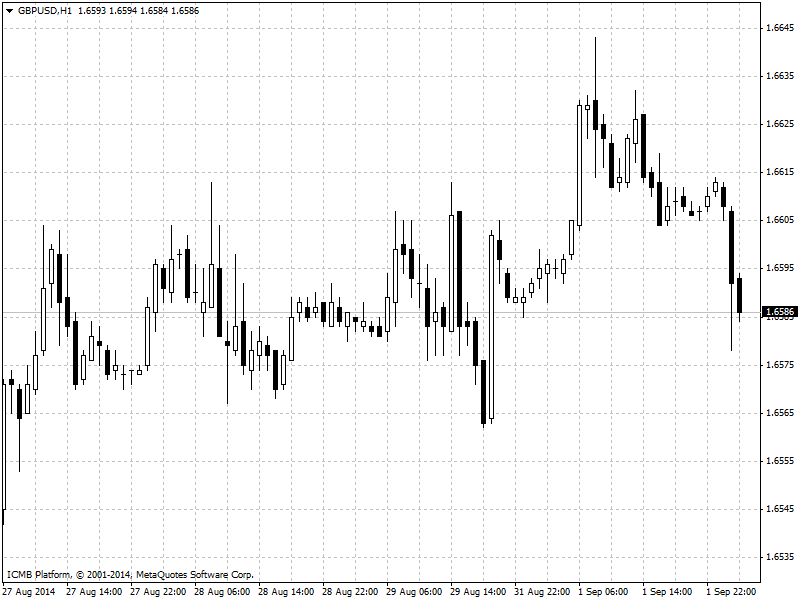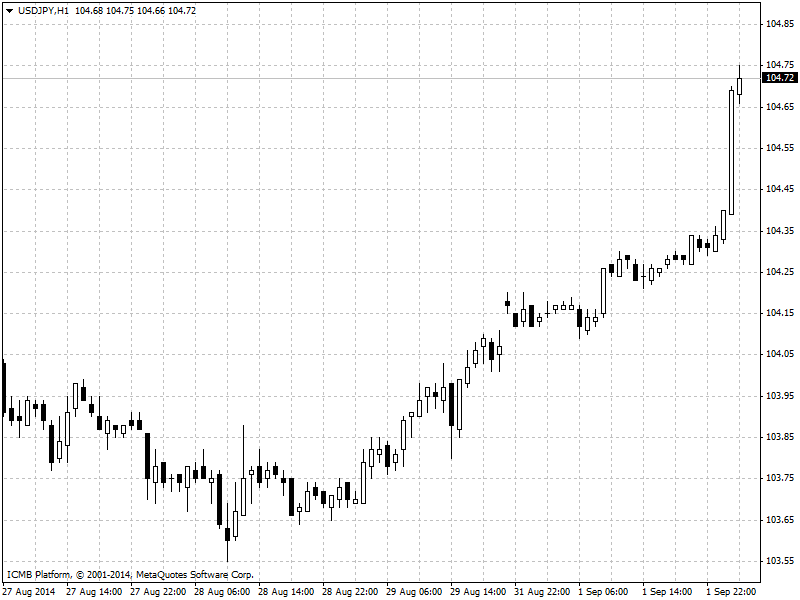The euro was hovering close to its lowest level against the Swiss Franc in 20 months on Monday, after the Swiss National Bank pledged to maintain its cap on the franc by buying unlimited amounts of foreign currency if necessary. In a newspaper interview published on Sunday, SNB President Thomas Jordan pledged to enforce the minimum 1.20 per euro exchange rate floor imposed by the bank three years ago, warning that an appreciation of the franc would heighten the risk of negative price growth. Expectations for quantitative easing by the European Central Bank have been mounting in recent weeks, while rising geopolitical tensions, such as the conflict in Ukraine, have bolstered safe haven inflows to the franc. The annual rate of inflation in the euro zone slowed to a five year low of 0.3% last month, adding to pressure on the ECB to take additional measures to shore up long-term inflation expectations.

The pound remained higher against the dollar in light trade on Monday, but gains were capped by an earlier report showing that activity in the U.K. manufacturing sector expanded at the slowest pace in 14 months in August. Market research group said the U.K. manufacturing purchasing managers' index ticked down to a 14-month low of 52.5 in August, from a downwardly revised 54.8 in July. A separate report showed that U.K. mortgage lending rose to £2.30 billion in July, from an upwardly revised £2.20 billion in June. Analysts had expected mortgage lending to decline to £2.00 billion in July. Meanwhile, investors continued to monitor the situation in Ukraine after European Union leaders threatened over the weekend to impose a new round of sanctions on Russia if Moscow does not end its support for the pro-Russian rebels.

The Japanese yen weakened along with the Australian dollar early Monday in Asia with the Ukraine in focus ahead of a busy data day and with markets in the U.S. and Canada closed for the Labor Day holiday. U.S. officials are working closely with the European Union to keep their Russia sanctions programs aligned in timing and severity. On Saturday, European Union leaders agreed to draw up options within a week for possible new sanctions against Russia, with action to follow quickly unless Moscow takes clear steps to scale back its intervention in Ukraine. Reports have emerged that hundreds of Russian soldiers have entered Ukraine.

